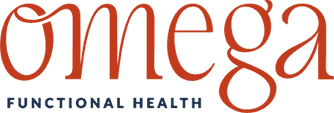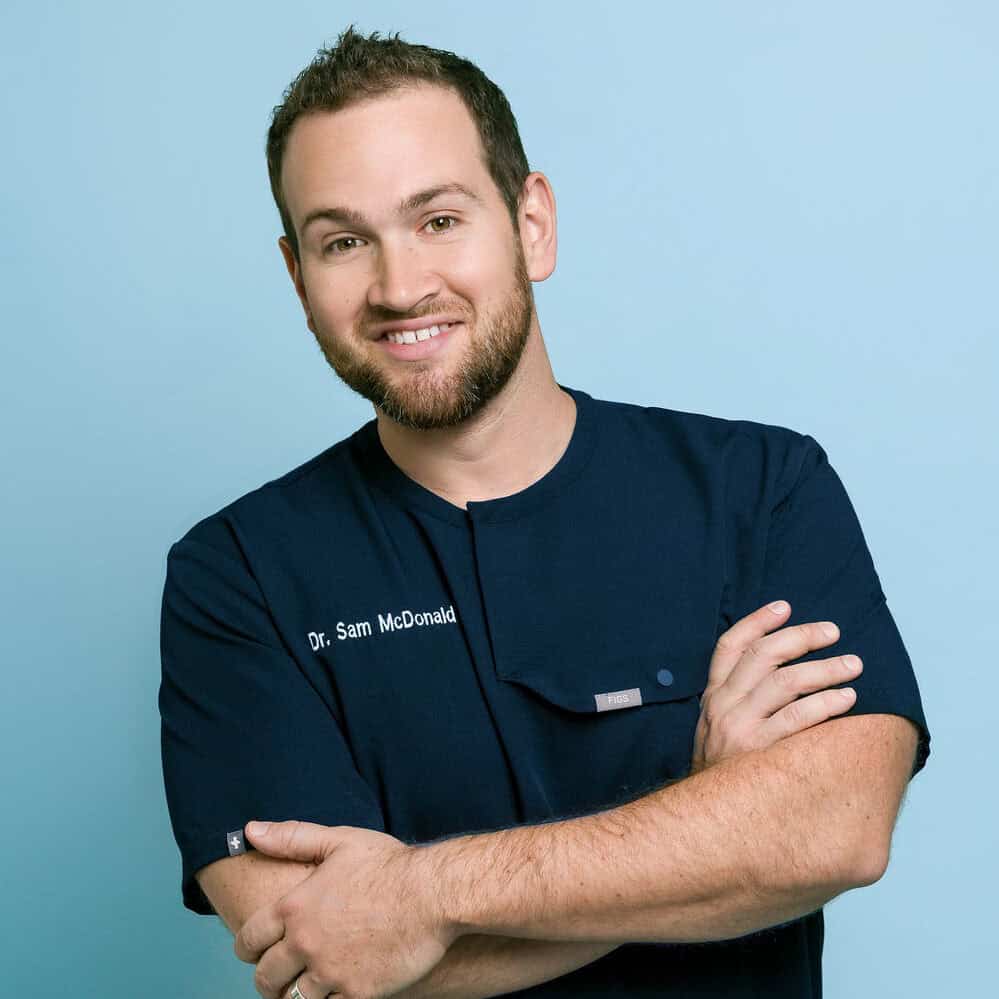ADHD Help in Wheat Ridge: A Comprehensive, Drug-Free Solution
At Omega Functional Health, we’ve been helping children and adults with ADHD in Wheat Ridge and the surrounding areas for over 10 years using a unique, non-invasive approach. Our holistic methods go beyond managing symptoms—by addressing the root causes of ADHD through advanced neurological rehabilitation, sensory integration, and metabolic care, we improve focus, behavior, and emotional regulation. Without relying on medications, our personalized care plans help children and adults thrive both academically and socially, giving families lasting solutions for ADHD.
What Our Patients are Saying
What is ADHD?
ADHD, or Attention Deficit Hyperactivity Disorder, is a neurodevelopmental condition that affects a child’s ability to focus, control impulses, and manage hyperactivity. Common signs of ADHD include difficulty staying on task, being easily distracted, forgetfulness, and impulsive actions. At Omega Functional Health, we understand that these ADHD symptoms are often the result of the brain not developing properly in two key areas.
First, the lower parts of the brain, particularly the brainstem, may be immature, leading to bottom-up sensory interference—where signals from the body to the brain are not processed effectively.
Second, there is often a hemispheric imbalance, meaning one side of the brain (where centers for focus and impulse control reside) may be weaker than the other. This combination of immature lower brain development and imbalances between the brain’s hemispheres leads to difficulties with attention, behavior, and emotional regulation.
By addressing these foundational issues, we help the brain develop stronger pathways, improve focus, and promote better behavioral control—all through a holistic, drug-free approach to managing ADHD.

What causes ADHD?
ADHD, or Attention Deficit Hyperactivity Disorder, is often caused by a combination of underlying neurological factors. One key contributor is retained primitive reflexes, which are automatic movements from infancy that should fade as a child develops. These are like the training wheels of the brain. When these reflexes persist, they can interfere with brain maturation and contribute to ADHD symptoms.

Additionally, brain imbalance plays a major role, often involving one side of the brain—typically the right hemisphere—being weaker, while the left side becomes too dominant. This imbalance affects key functions like focus, impulse control, and emotional regulation. When the right side of the brain is underdeveloped, children may struggle with inattentiveness, emotional issues, and impulsive behavior, while also seeking constant stimulation or activity. These neurological imbalances lead to the hallmark signs of ADHD, including difficulty focusing, poor emotional control, and hyperactivity.
How Omega helps with ADHD?
At Omega Functional Health, we take a holistic, drug-free approach to helping children and adults with ADHD by addressing the root causes of the condition. Our method focuses on three key areas: brain imbalance, retained primitive reflexes, and neurofeedback.
Many children and adults with ADHD experience a brain imbalance, where one side of the brain—often the right hemisphere—is underdeveloped, while the left hemisphere becomes overly dominant. This imbalance can lead to challenges with focus, impulse control, and emotional regulation. We use specific neurological therapies to target and strengthen the weaker hemisphere, helping to restore balance and improve overall brain function.
We also address retained primitive reflexes, signs of brain immaturity. When these reflexes remain, they can disrupt brain development and contribute to ADHD symptoms. By integrating these reflexes through specialized therapies, we help create a stronger neurological foundation for attention and behavioral control.

Additionally, we incorporate neurofeedback, a non-invasive therapy that trains the brain to function more efficiently. Neurofeedback helps regulate brainwave patterns, improving focus, self-control, and emotional regulation over time.
With this comprehensive, non-invasive approach—targeting brain development, reflex integration, and brainwave training—we help children with ADHD achieve better focus, manage impulsivity, and regulate emotions, allowing them to thrive without the need for medication.
FAQ
- Does ADHD get better with age?
- What is neurofeedback, and how does it help with ADHD?
- What are retained primitive reflexes, and how do they relate to ADHD symptoms?
- What are some of the other specialized therapies you use?
- Can you help reduce or eliminate the need for medication?
- Does your treatment help adults with ADHD as well as children?
- How long does it take to see results with your ADHD treatment approach?
- What role do parents play in their child’s ADHD treatment?
- What areas do you serve?
ADHD symptoms often change with age. While hyperactivity usually decreases in adulthood, it often shifts into restlessness or anxiety. Adults may no longer display physical hyperactivity, but instead struggle with internal restlessness or anxiety. Focus, impulsivity, and emotional regulation challenges can persist, but many adults learn to manage their symptoms.
Neurofeedback is a non-invasive therapy that trains the brain to function more efficiently. It involves monitoring brainwave activity in real-time and providing feedback to help the brain self-regulate. For individuals with ADHD, neurofeedback can improve focus, impulse control, and emotional regulation by helping the brain develop healthier patterns of activity.
Primitive reflexes are automatic movements that typically fade in infancy as the brain matures. When these reflexes are retained, it indicates that the brain hasn’t fully developed its foundational connections. Retained primitive reflexes can interfere with focus, coordination, and impulse control, contributing to ADHD symptoms. By integrating these reflexes, we help strengthen the brain’s neurological foundation, improving attention and behavior.
- Laser therapy, which stimulates brain cells and promotes better neurological communication, helping with focus and cognitive function.
- Interactive Metronome, a therapy that enhances timing, coordination, and attention by synchronizing the brain’s timing circuits, improving both cognitive and motor skills.
- Sensory-motor exercises, often incorporating video games, are designed to engage and integrate sensory input while improving motor function. By using interactive and engaging activities, such as video games, we strengthen the brain's foundation for attention, impulse control, and emotional regulation. These exercises help improve coordination and cognitive function in a fun, dynamic way that keeps children and adults engaged while promoting neurological development.
- Vestibular therapy, which focuses on improving the brain-body connection through balance and spatial orientation exercises. This therapy reduces anxiety and helps regulate the nervous system, creating a more stable foundation for attention and emotional control.
- Transcranial electrical stimulation (tES), a non-invasive technique that helps modulate brain activity, promoting better focus, self-control, and overall brain function.
Our goal is to provide a holistic, drug-free approach to managing ADHD by addressing the underlying causes of the condition. Many children and adults who go through our programs experience significant improvements, which can reduce or, in some cases, eliminate the need for medication. However, we always recommend working with your healthcare provider when making decisions about medication.
Yes, our treatments are effective for both children and adults with ADHD. While the brain continues to develop through childhood, adults with ADHD can also benefit from therapies that target brain balance and regulation, improving focus, emotional control, and daily functioning.
The time frame for seeing results varies depending on the individual and the severity of their ADHD symptoms. Many people begin to notice improvements within a few weeks to a few months, though consistent therapy is often required for long-term benefits. Our comprehensive evaluation helps tailor the program to each person’s unique needs, optimizing the time to see results.
Parents play a crucial role in their child’s ADHD treatment. We actively involve parents by educating them about their child’s progress, providing at-home activities, and encouraging them to create supportive environments for their child’s growth. The more involved parents are, the better the overall outcomes tend to be.
Our office is conveniently located in Wheat Ridge and we serve patients from the Denver metro including Arvada, Lakewood, Golden, Denver, highlands ranch and castle rock


